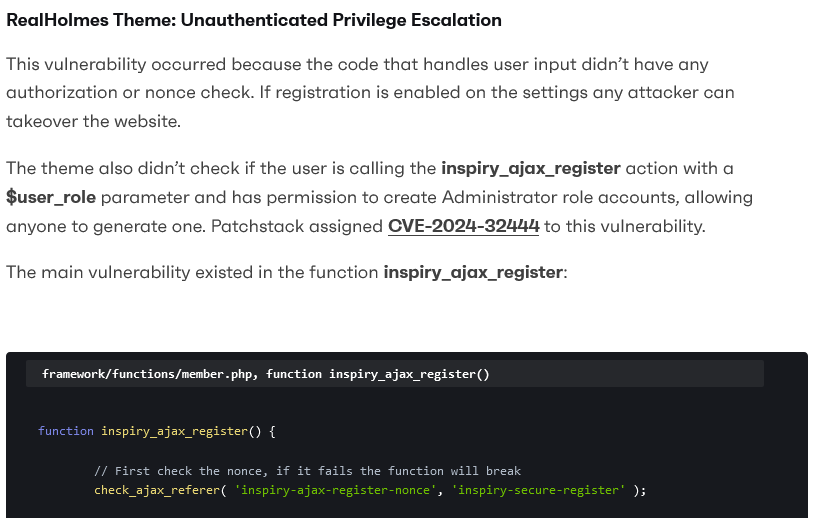As described by the developers, the OpenSSF Scorecard “assesses open source projects for security risks through a series of automated checks” to “help users as they decide the trust, risk, and security posture for their use case.” Considering the widespread belief that WordPress plugins are not secure, which comes from a combination of very real problems and a lot of very false claims, the scorecard could be rather beneficial for WordPress plugins. The scorecard also is the inspiration for our Plugin Security Scorecard, which is a reasonably similar scorecard focused specifically for WordPress plugins. We include a link to the results of the OpenSSF Scorecard for scored third-party libraries and WordPress plugins with a million or more installs. That being said, the developers are not providing the evidence to trust the results it produces to provide a meaningful measure of software’s security. A new blog post on their website doesn’t address that when seeking greater adoption by open source projects.
In July, we noted a number of issues that we ran across while looking at the results for WordPress plugins. Some were more serious than others. It had problems detecting the license of plugins, which doesn’t really even seem relevant to vetting the security of the software, but had a low effect on the score. More problematic was that another component of the score, which can lower the score for projects not doing something that they don’t need to do. Which even the scorecard’s documentation acknowledges. That month we also noted that Google, which is heavily involved in the scorecard, was using various third-party libraries in one of their WordPress plugins despite them getting low scores. [Read more]

